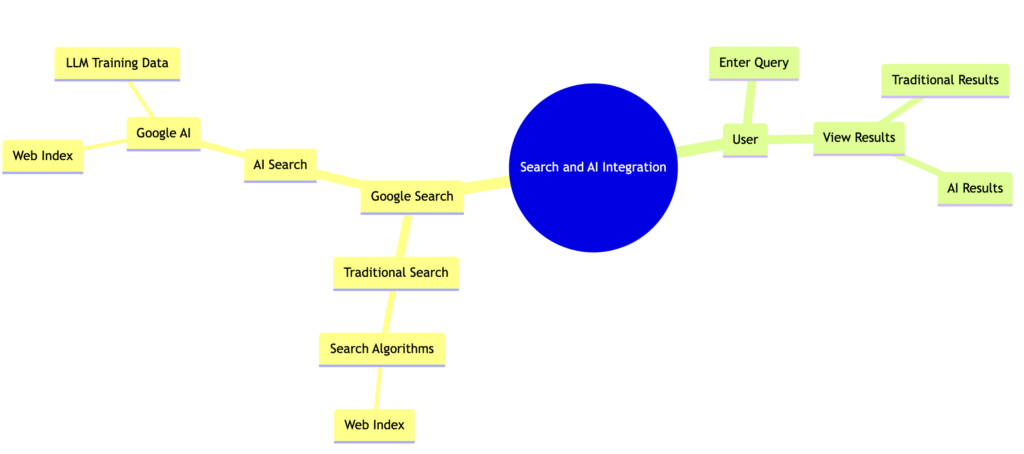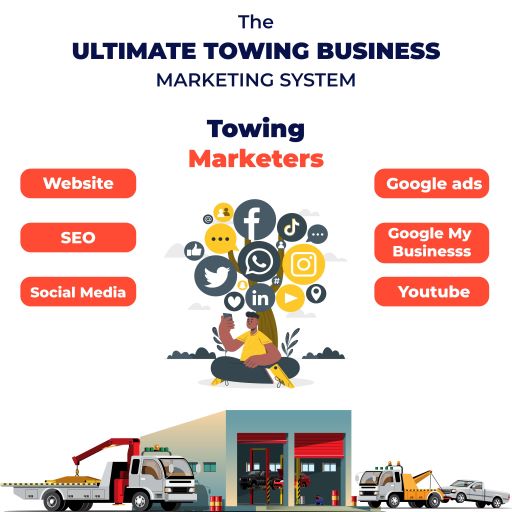
Image courtesy of Pixabay via Pexels
Table of Contents
- Understanding Traditional Ranking Algorithms
- The Rise of Artificial Intelligence in Google's Ranking Algorithms
- AI Enhancements Fueling Google's Ranking System
- Benefits and Implications of AI-Powered Ranking Algorithms
- Ethical Considerations & Future Roadmap
- Conclusion
When it comes to searching the vast expanse of the internet, Google is the undisputed champion. With billions of searches performed daily, Google has continuously strived to deliver the most relevant and accurate search results to its users. Behind the scenes, Google has harnessed the power of artificial intelligence (AI) to enhance its ranking algorithms, revolutionizing the way search results are curated. In this article, we'll delve into how Google leverages AI to improve its ranking algorithms and explore the incredible impact this breakthrough technology is having on the future of search.
Understanding Traditional Ranking Algorithms
Before we dive into the realm of AI, let's take a moment to understand the foundation on which Google's ranking algorithms were built. In their early stages, Google's algorithms relied heavily on factors like keywords and backlinks to determine the relevance and significance of a webpage.
Get Ahead with AI: Unlock Google's RankBrain Algorithm for Smarter Search Results
Stay Informed and Enrich Your Search Experience by contact us
Keywords played a crucial role in determining the subject matter of a webpage, while backlinks acted as votes of confidence from other websites. While this approach was effective to a certain extent, it had its limitations. Google continuously faced challenges in maintaining the utmost accuracy and relevance, especially with the ever-evolving nature of web content.
The Rise of Artificial Intelligence in Google's Ranking Algorithms
Recognizing the need for improvement, Google embraced the power of AI and integrated it into its ranking algorithms. By harnessing machine learning models, Google's search engine adapted and optimized search results to meet the personalized needs of each user.
With the integration of natural language processing (NLP), Google's algorithms began to understand the context of content and interpret the meaning behind search queries. This allowed for more accurate and relevant results to be delivered, even when users didn't express their intent explicitly.
Deep neural networks became a game-changer in Google's quest for better understanding webpages and user intent. These networks analyze vast amounts of data to identify patterns and relationships, providing insights that help improve search result rankings.
"Embrace the AI magic of @Google's #RankBrain algorithm and watch as it revolutionizes your search results. Discover how this technology is changing the way we find information and unlock the limitless possibilities of digital intelligence. [insert link] #AI #searchrevolution"
AI Enhancements Fueling Google's Ranking System
One of the most significant AI advancements in Google's ranking algorithms is RankBrain. This machine learning technology processes search queries in real-time, dissecting them to comprehend their meaning and deliver highly relevant search results.
Image courtesy of www.quora.com via Google Images
RankBrain goes beyond keywords and analyzes the context, synonyms, and related terms to better grasp the intent behind a search query. With every interaction, RankBrain learns and improves its ability to interpret search queries and deliver superior search results.
BERT: Unlocking the Power of Natural Language Understanding
BERT, short for Bidirectional Encoder Representations from Transformers, is another AI breakthrough that has transformed Google's search algorithms. With BERT, Google gains a deeper understanding of the nuances and complexities of human language.
This pre-training language model allows Google to consider the entire context of a search query, accounting for the significance of each word and its relation to the overall query. As a result, BERT enables Google to deliver more accurate search results, even for complex or ambiguous search queries.
Neural Matching: Making Connections Beyond Keywords
Neural Matching is an essential aspect of Google's AI-powered ranking system. This technology helps Google understand search queries and web content beyond mere keywords, focusing on the underlying concepts and connections.
With Neural Matching, Google can identify and emphasize the relationship between search queries and webpages, even when the actual keywords used may not align directly. This improves search result relevance and ensures users find the information they need, even if they don't precisely match the phrasing used in their search query.
Benefits and Implications of AI-Powered Ranking Algorithms
The integration of AI into Google's ranking algorithms directly translates into improved search relevancy and user satisfaction. Through extensive user behavior analysis and feedback-driven improvements, Google can better understand and cater to users' needs.
Google's AI-powered ranking algorithms take into account user preferences, personalization, and historical data to provide search results that align with users' interests and intent. This not only improves user satisfaction but also aids in saving time by delivering more accurate and relevant results from the get-go.
Addressing Misinformation and Spam with AI Precision
AI-powered algorithms have proven to be highly effective in combating misinformation and low-quality content on the internet. By continuously refining their algorithms, Google can detect and suppress the spread of false information, promoting trustworthy sources.
Additionally, AI helps Google identify and combat spam, black-hat SEO techniques, and other tactics that aim to manipulate search rankings. This ensures that quality content rises to the top and provides users with reliable information.
Ethical Considerations & Future Roadmap
Google understands the importance of transparency and user privacy when it comes to AI-powered algorithms. The company is committed to ensuring that users have a clear understanding of how their data is utilized and protected.

Image courtesy of www.opace.co.uk via Google Images
Addressing concerns regarding algorithmic bias and potential discrimination, Google is actively striving to eliminate bias and improve algorithmic fairness. By incorporating diverse perspectives and rigorous testing, Google aims to provide fair and unbiased search results for all users.
The Evolving Landscape: Google's Future Plans and Advancements
As technology continues to advance, Google is constantly exploring new ways to enhance search results through AI. Ongoing research and development are focused on improving existing models and exploring emerging technologies like GPT-3 and AutoML.
The introduction of GPT-3, an advanced language processing model, and AutoML, an automated machine learning system, offer significant potential for streamlining and further enhancing search result rankings. The future of Google's AI-powered ranking algorithms is bound to bring even greater accuracy and relevance to users worldwide.
Get Ahead with AI: Unlock Google's RankBrain Algorithm for Smarter Search Results
Stay Informed and Enrich Your Search Experience Contact us now
Conclusion
Google's incorporation of artificial intelligence into its ranking algorithms has ushered in a new era of search. Through the power of AI, Google strives to provide users with the most accurate and relevant search results, personalizing the online experience like never before.
Revolutionary advancements such as RankBrain, BERT, and Neural Matching have allowed Google to surpass the limitations of traditional ranking algorithms. The benefits are clear: improved search relevancy and user satisfaction, the mitigation of misinformation and spam, and a commitment to ethical AI utilization.
As Google continues to innovate and explore the ever-evolving landscape of AI, it's certain that the future of searching will only become more exciting, reliable, and impactful.
